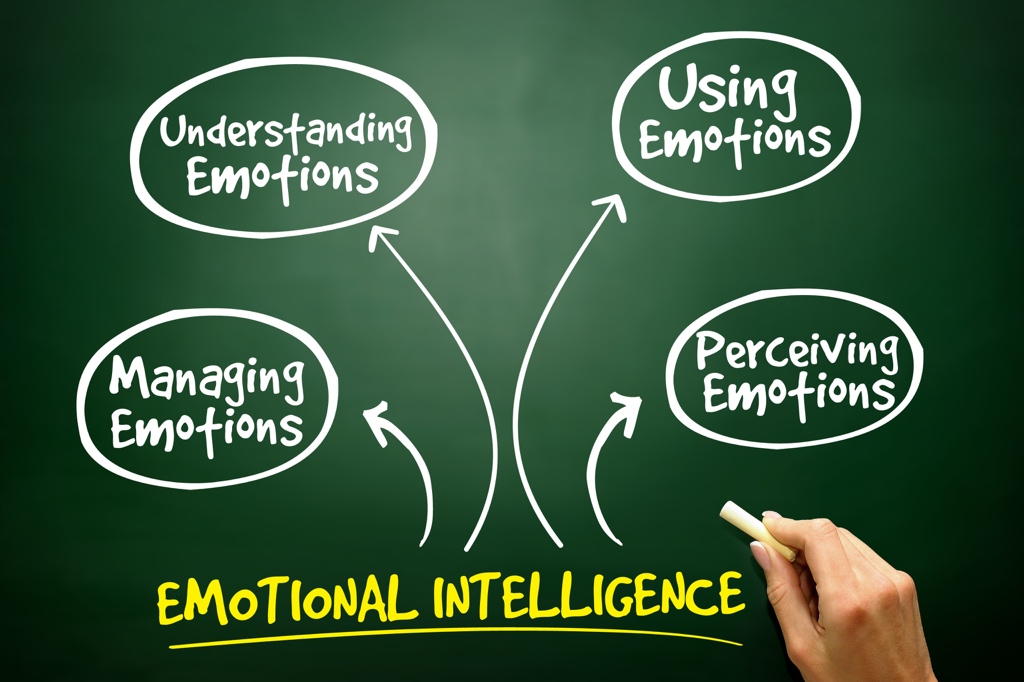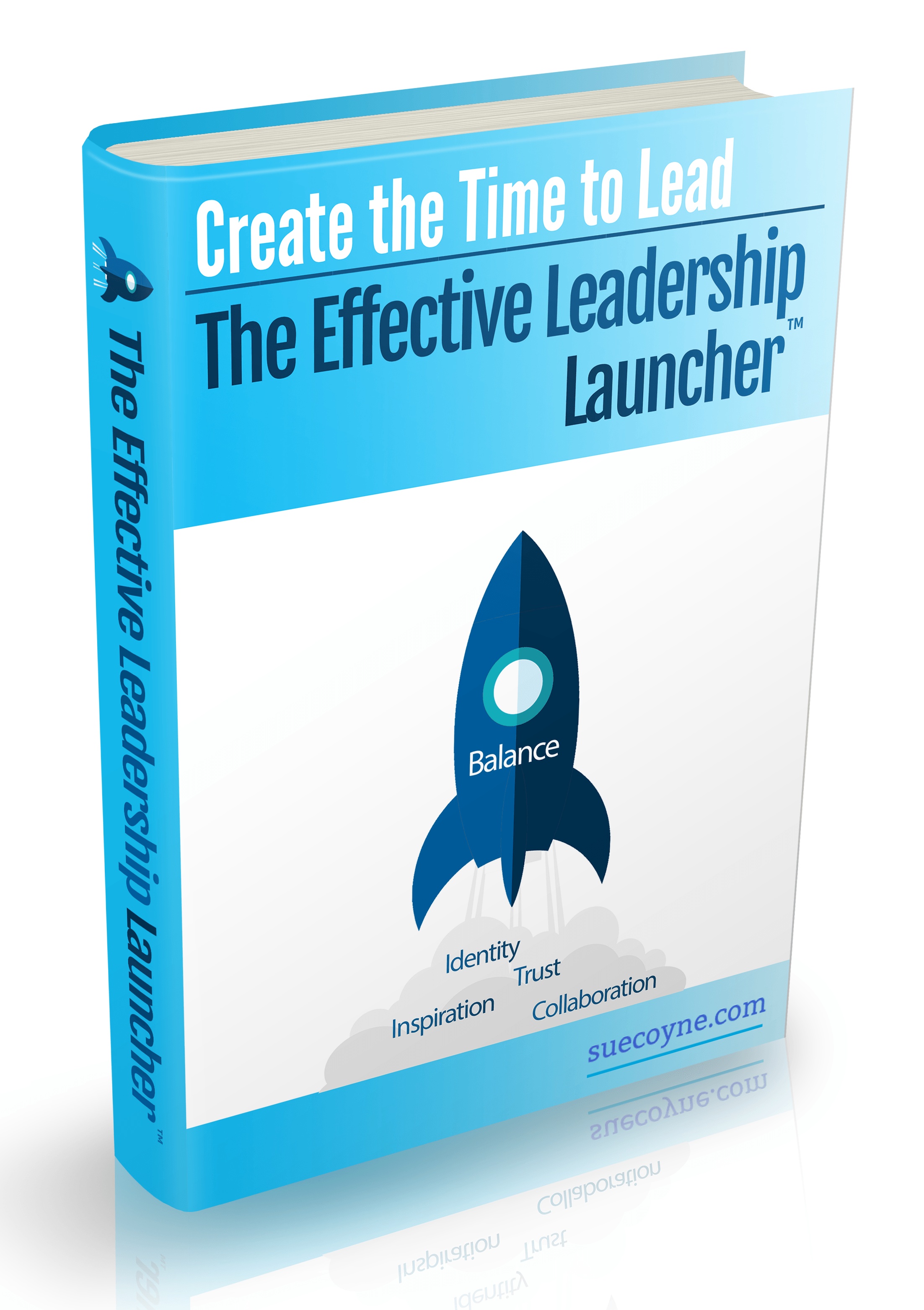
 Traditionally, a high IQ level was valued in leadership. However, in more recent times, there has been more of a focus on the role of emotional intelligence and the power of positive influence on others.
Traditionally, a high IQ level was valued in leadership. However, in more recent times, there has been more of a focus on the role of emotional intelligence and the power of positive influence on others.
The emotions of a leader shape the culture and level of performance in an organisation. Leaders can harness emotion to motivate, inspire and influence others.
What makes a leader an emotionally intelligent one is quite subtle. Emotional intelligence is linked with having a strong moral code, good will, positivity and resilience. There are many things that make up this type of leadership, but we believe the following – empathy, self-awareness, self-regulation, social skills and good judgement – are the five vital components of emotionally intelligent leadership
Empathy
A natural interest in others is core to this skill. Emotionally intelligent leaders possess a curiosity about people. This curiosity allows them to socialise with ease, find out more about people and develop strong bonds quickly. As relationships progress, emotionally intelligent leaders are able to tune into the feelings and needs of others and act accordingly.
Self-Awareness
An emotionally intelligent leader is living in the moment at all times. They are aware of their feelings and how these are affected by what is happening around them. They are aware of their behaviours and the effect they are having on other people – negative and positive. They are able to adjust the way they come across in the moment depending on the context and situation at that particular time, and therefore behave appropriately. The emotionally intelligent leader is also aware of his or her own strengths and weaknesses – and is very open about them. That way they can focus on the things they are good at and have people around them who complement their weaknesses and show strength in these areas.
Self-regulation and management
Sometimes, for no discernible reason, we may feel a bit glum or irritable. Other times, we may be feeling unusually euphoric. Extreme emotions affect others – even positive ones can irritate some people! The emotionally intelligent leader is able to manage their emotions and keep a steady head in front of people. Why does this matter? Due to mirror neurons, emotions are contagious. Therefore the need to manage one’s emotional state is very important. The person with the most powerful emotional state can shift that of another person in under two minutes. Managing their emotional state is the secret weapon of emotionally intelligent leaders. They say that 70{205a4e8a83ff01c1299b1fa5858d665f87e8234ab64223651103df541d21c1a0} of what happens in an organisation comes from imitating the leaders. This happens because the dominant organisational emotions as conveyed by the top leaders cascade through the organisation via the mirror neuron system. So we can see why leaders play an important part in the emotional regulation of others in the organisation.
Social skills
One of the signs of leading with emotional intelligence is the ability to get along with people. In a room of people, there will be people with a range of personalities and characteristics. This type of leader will be able to speak to everyone, and form some kind of connection with almost everyone. Their curiosity about people allows emotionally intelligent leaders to connect by showing an interest in others, asking questions, listening intently and adjusting their communication and behaviour accordingly in order to build trust and rapport.
Good Judgement
An emotionally intelligent leader may be able to get along with a group of people, but they are also a good judge of character. This may stem from their strong moral compass. These leaders are also so present in the moment that they are able to tune into what is happening inside them, in those around them and in the wider context. They are able to detect very subtle ‘tells’ – physical, verbal or emotional – in themselves and others which allow them to adjust their own behaviours, effectively build relationships and have the desired impact in any situation.


